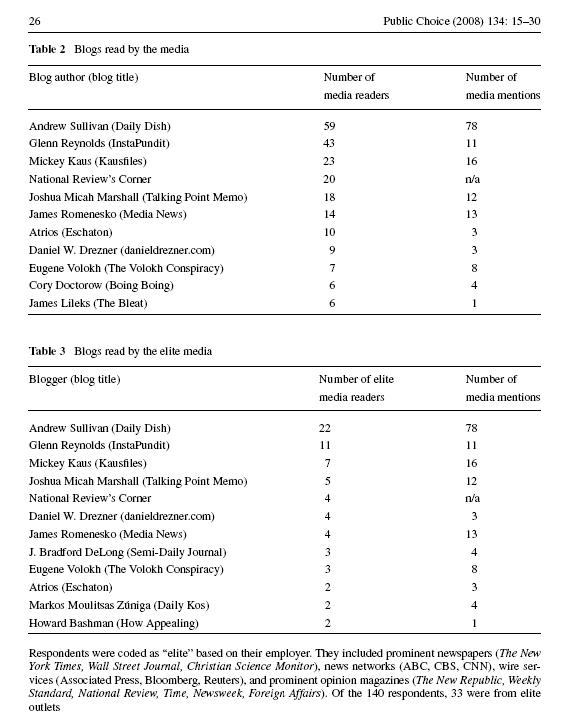The entire western news media it seems, with the New York Times calling it a “sad Iraq milestone”. But it’s not just the American news media who treat it this way; the same language is also used in Dutch or British news sources. It’s all very touching, if not for the fact that the same media have paid little attention to far sadder milestones: that of an estimated million Iraqi deaths.
All the various mortality studies done in Iraq –the two Lancet studies, Iraq Living Conditions Survey, the ORB polls and the Iraq Family Health Survey– have either been largely ignored or ridiculed in the press. Even the Iraqi Bodycount Project’s estimates were disbelieved until more pessimistic studies appeared. I need not tell you that from that point, any study with higher estimates (that is, all of them) was attacked for not being in line with the Iraqi Bodycount figures.
I dislike seeing those crocodile tears for people who are fighting on the wrong side in the War on Iraq. Yes, to a certain extent the American (and British, and Dutch) soldiers in Iraq and Afghanistan are victims of this war too, pawns sacrifised in illegal wars, but my sympathy lies more with the innocent civilians living in the country they invaded. The soldiers had a choice to be there; their Iraqi or Afghanistani victims did not. They could’ve had the courage to resist and refused to serve in this war.
Not that I’m glad to see American (or British, or Dutch, or…) soldiers killed or wounded in these wars; that’s why we should bring them home. I just wish that for once the real victims of this war, the untold millions of Iraqis and Afghanistanis who were killed or wounded, who lost their house or their family, who were made refugee, were remembered as well.
